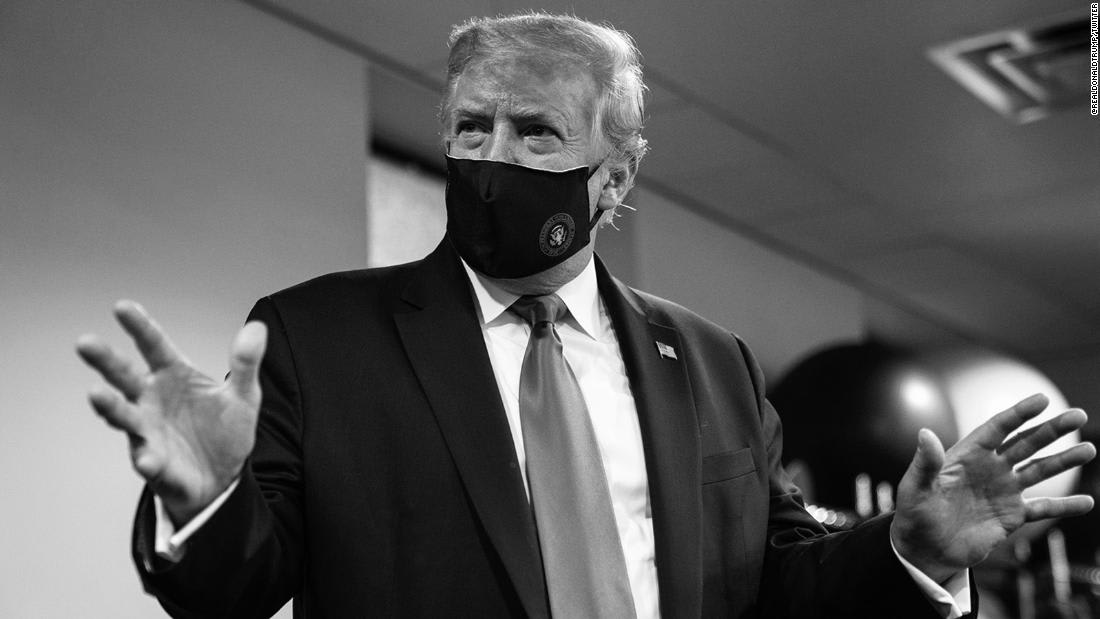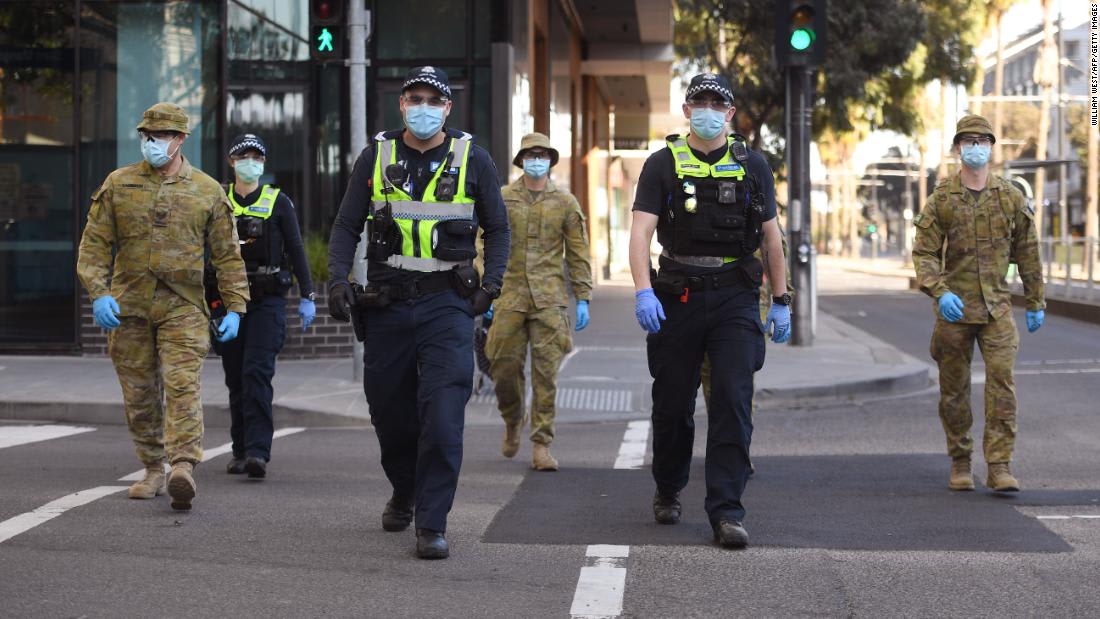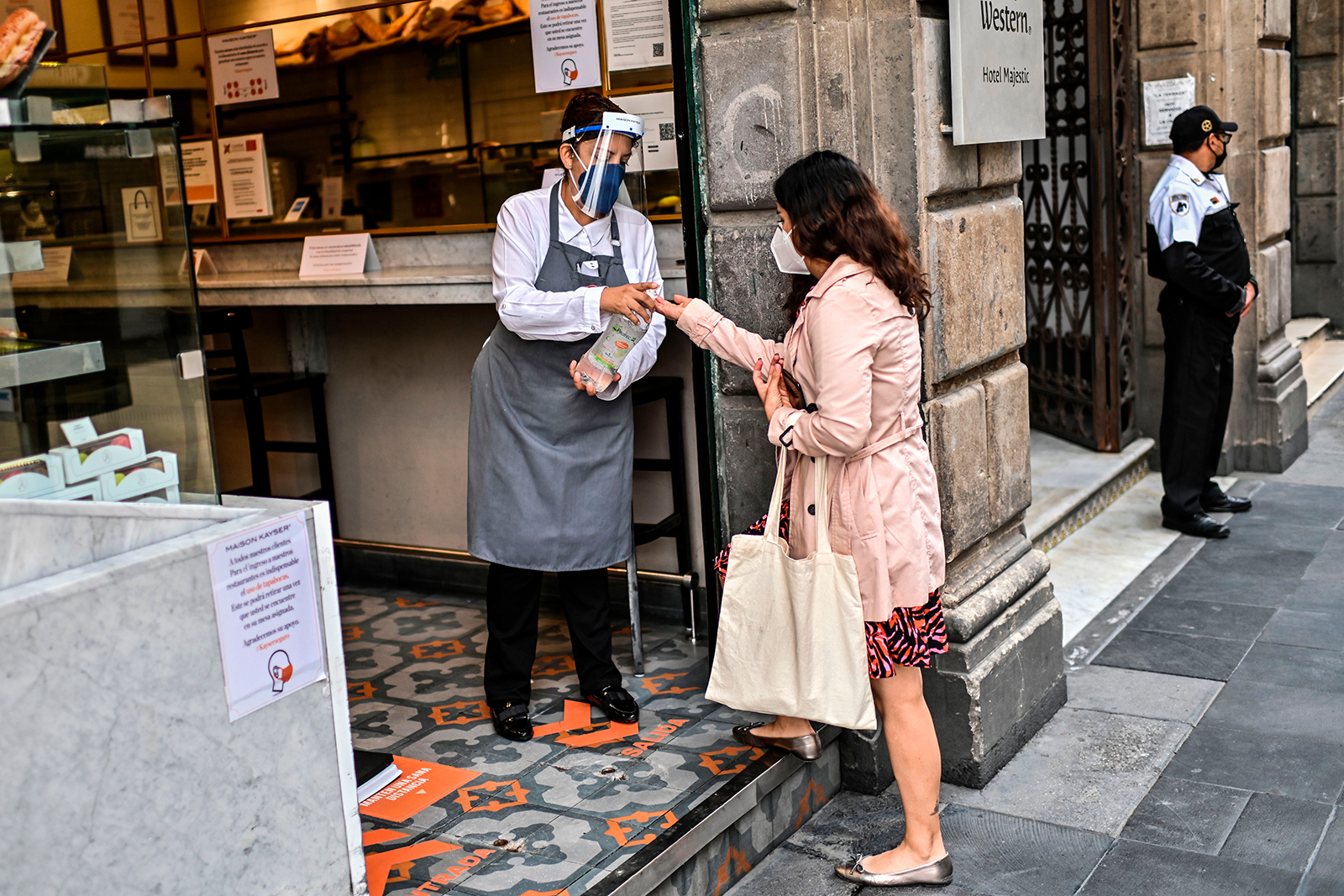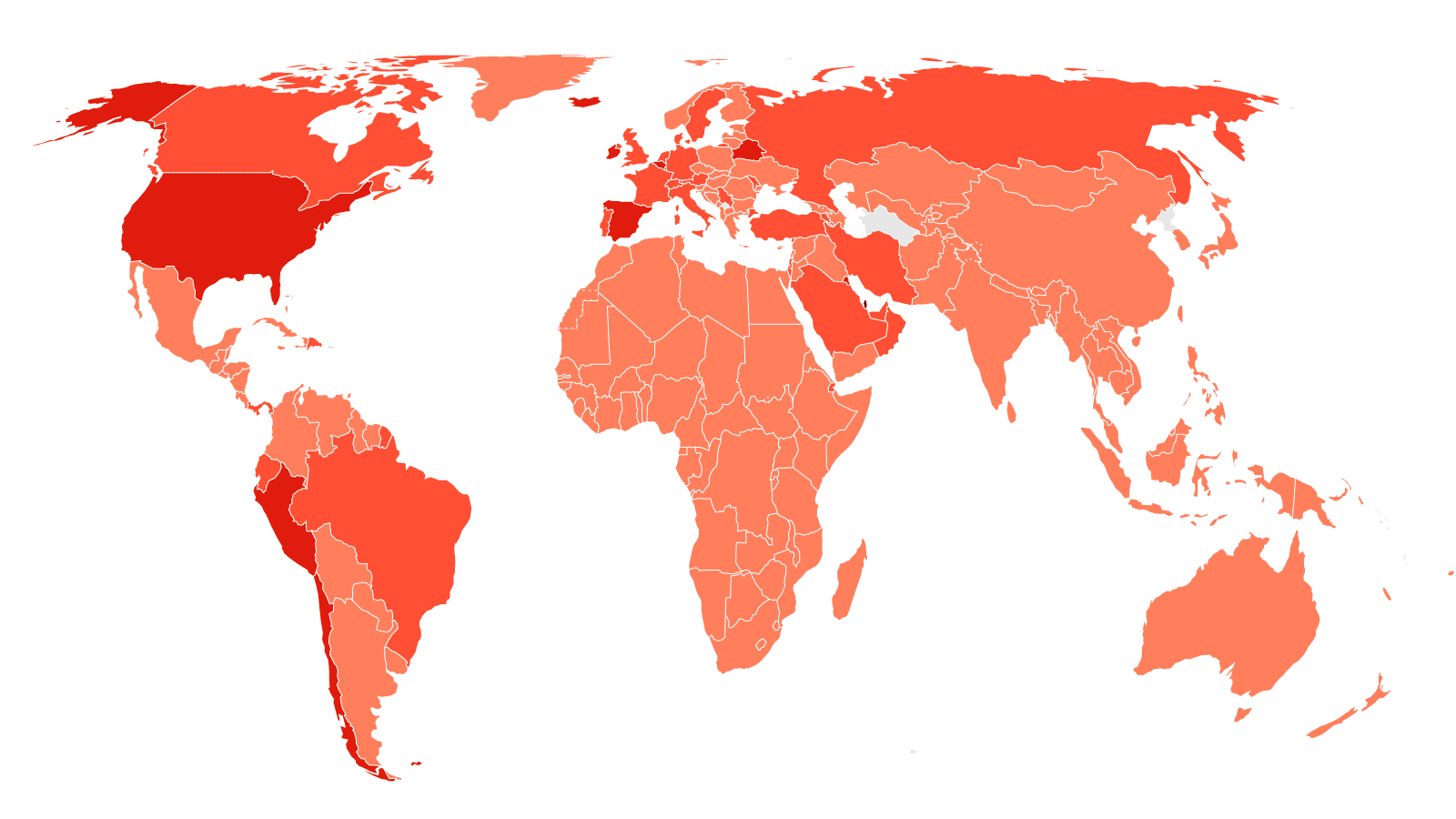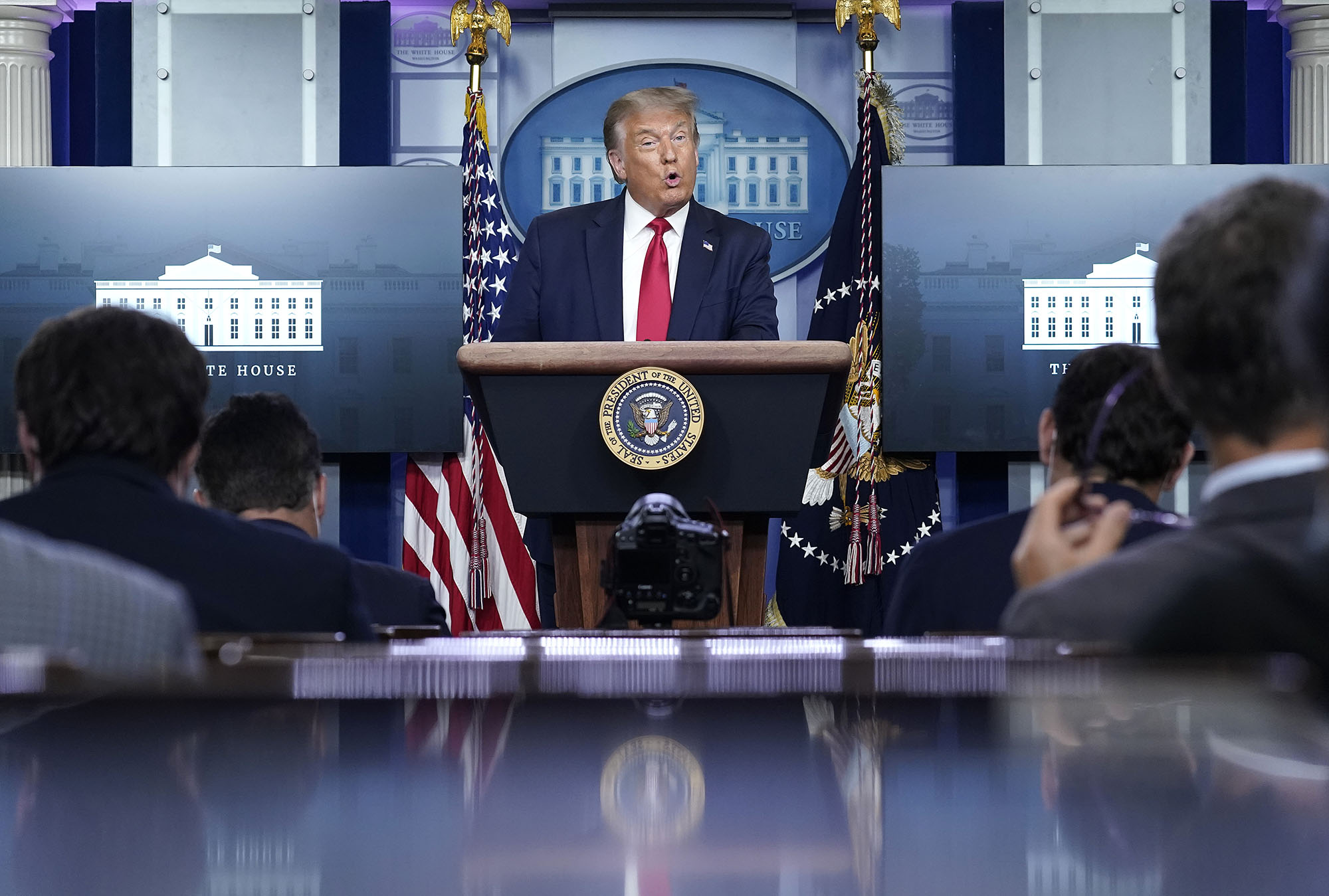President Donald Trump signed an executive order Monday aimed at expanding access to telehealth and improving rural health care.
In March, the Trump administration temporarily expanded benefits to reimburse doctors for certain telehealth services for Medicare beneficiaries.
The policy proposal is aimed at making some of these changes permanent, but several of these steps would require congressional approval.
“Telehealth can never fully replace the gold standard in current care, but what it certainly can do is complement in-person care by furnishing one more clinical tool,” said Seema Verma, administrator of the Centers for Medicare and Medicaid Services.
While telehealth technology has been around for a while, the practice hadn’t really taken off until the pandemic, according to a report from the US Centers for Disease Control and Prevention. Pre-pandemic, on average, only 13,000 Medicare beneficiaries had a telemedicine visit in a week; whereas during the pandemic, between March and July to 10.1 million have had one.
The need to reduce staff and patients’ exposure to Covid-19 increased interest, plus now doctors get reimbursed for certain types of telehealth appointments. Several professional medical associations have also endorsed the practice.
Verma said that telehealth “solves a variety of problems,” making medical care more convenient and accessible.
During the pandemic the temporary rule has allowed Medicare patients to have doctor’s visits and even emergency visits by phone. It added 135 services that are reimbursed, including nursing home visits and mental health services. It also expanded the kinds of providers who can offer telehealth to include physical and occupational therapists, and speech and language pathologists.
The proposed rule would make those 135 services available through telehealth permanently, including office visits and mental health services. It also proposes to make telehealth for home health services permanently available. CMS is proposing allowing lower level emergency department visits, psychological testing and nursing facility discharge visits through telemedicine through the end of the calendar year when the public health emergency ends.
Verma said her department is asking for public comment about what telehealth services should be added beyond the public health emergency.
The executive order also launches a rural health action plan to encourage new models for care in those communities and requires CMS to work with the Department of Agriculture to promote better rural access to telehealth via broadband.
Verma said Congress will need to make changes in the law to make this expansion of telehealth permanent. “The legislative branch then has an essential role to play in following through on this historic opportunity,” Verma said. “Without a change to the statute, telehealth will refer to a rural benefit that can only be utilized from a health care facility, rather than from one’s home.”
At the briefing, US Health and Human Services Secretary Alex Azar said that Congress has been reluctant to make changes to telehealth reimbursement rules in the past because of fears it would cost too much and because of concern too many patients might be tempted to seek more doctor visits. Azar suggested this use of telemedicine during the pandemic should provide real-world evidence that those fears are unfounded.
“We simply can't go back. People have gotten used to it,” Azar said. “Healthcare has caught up with the rest of the economy and how people interact, finally, and it should reduce overall cost in the system and we should get better health outcomes from this type of enhanced access for our beneficiaries.”
